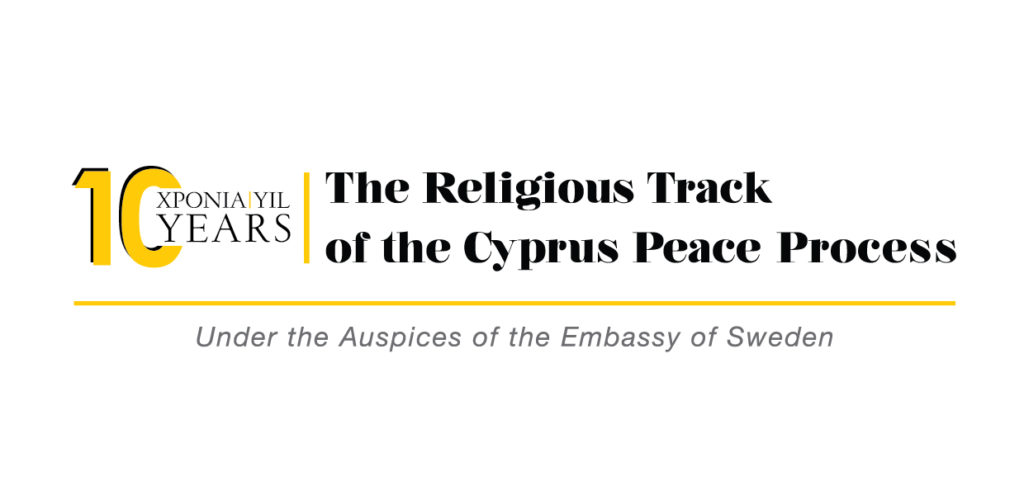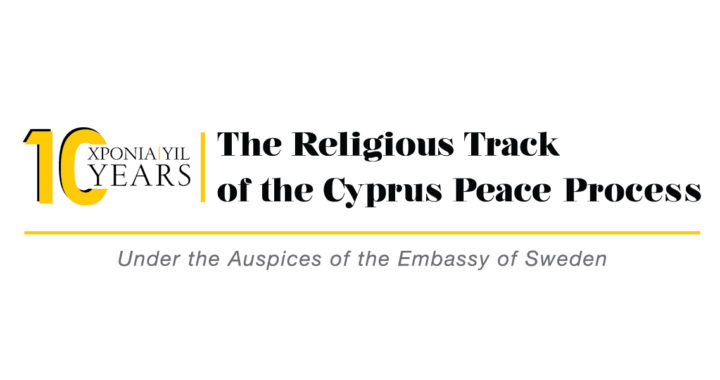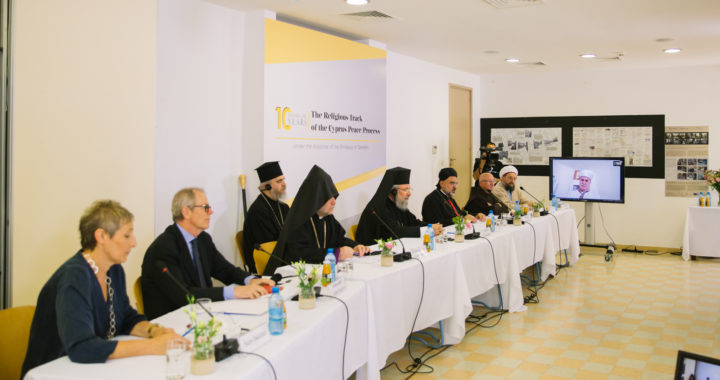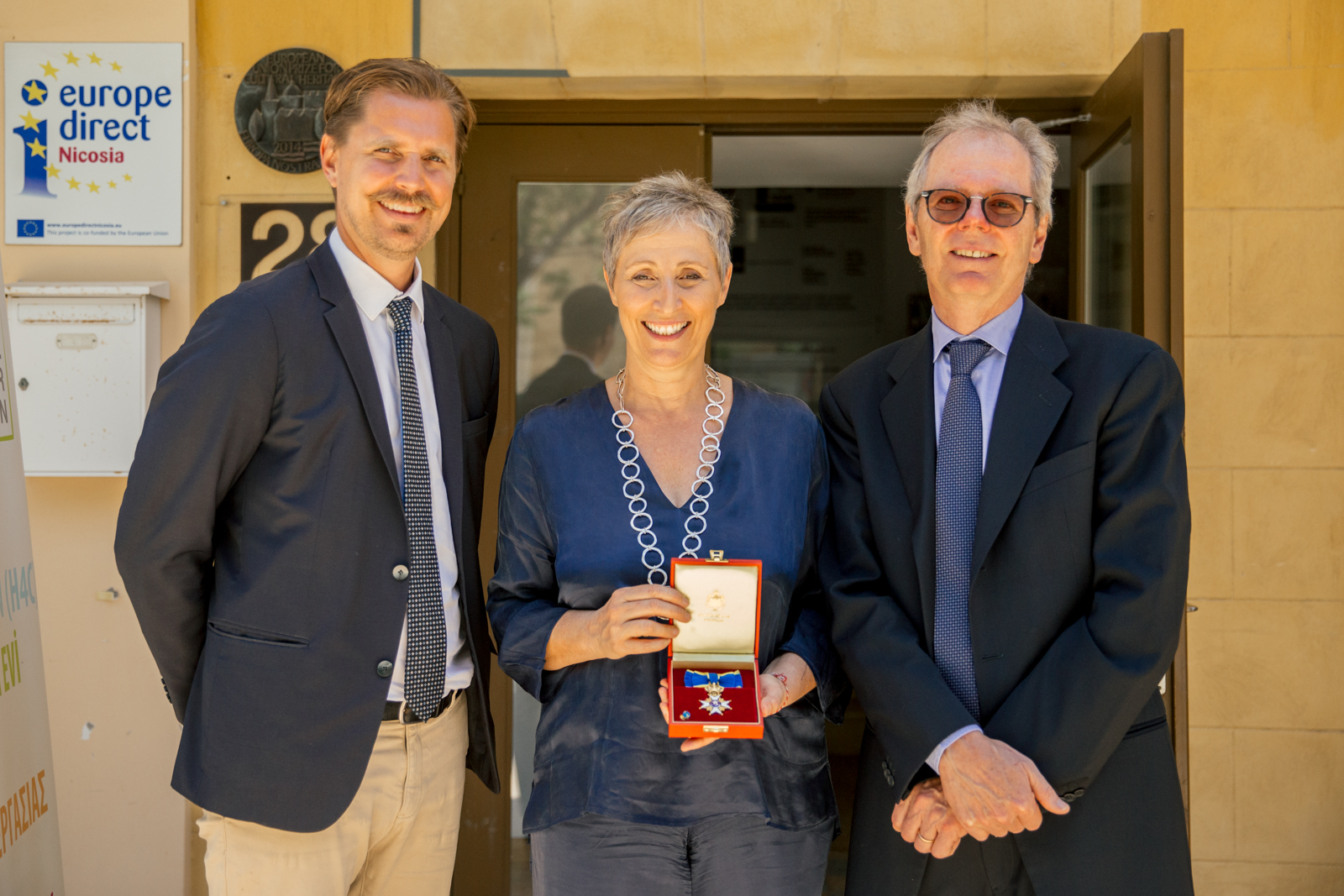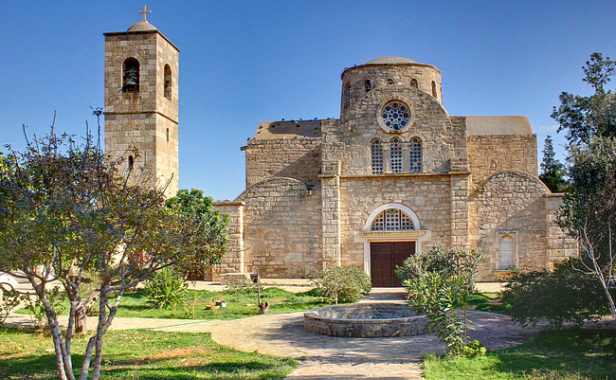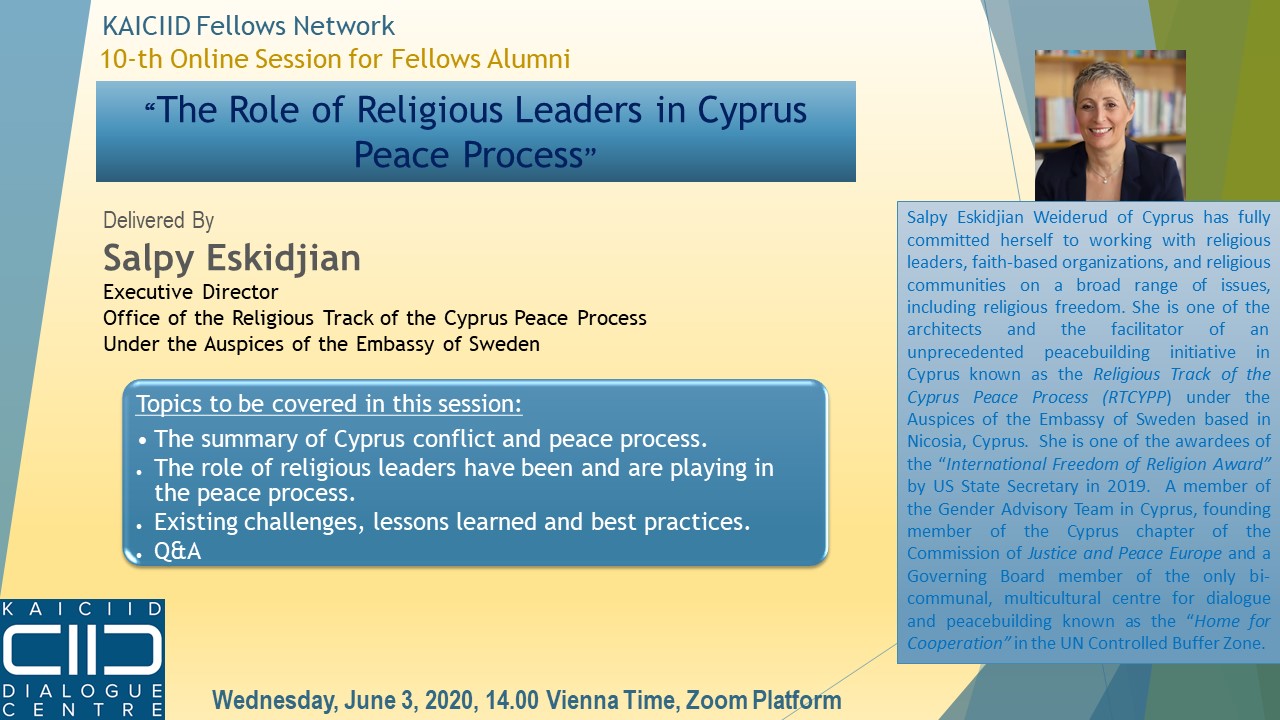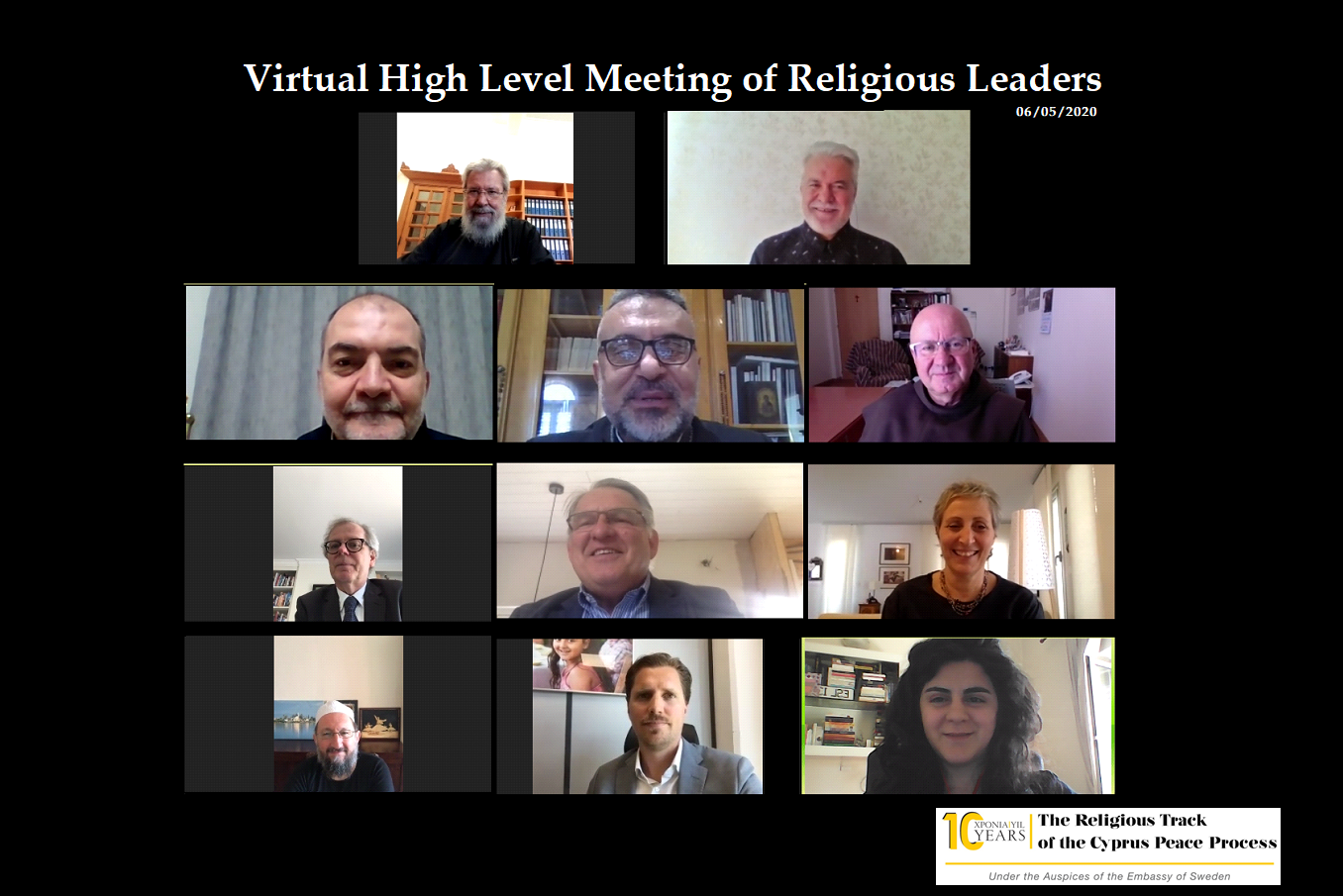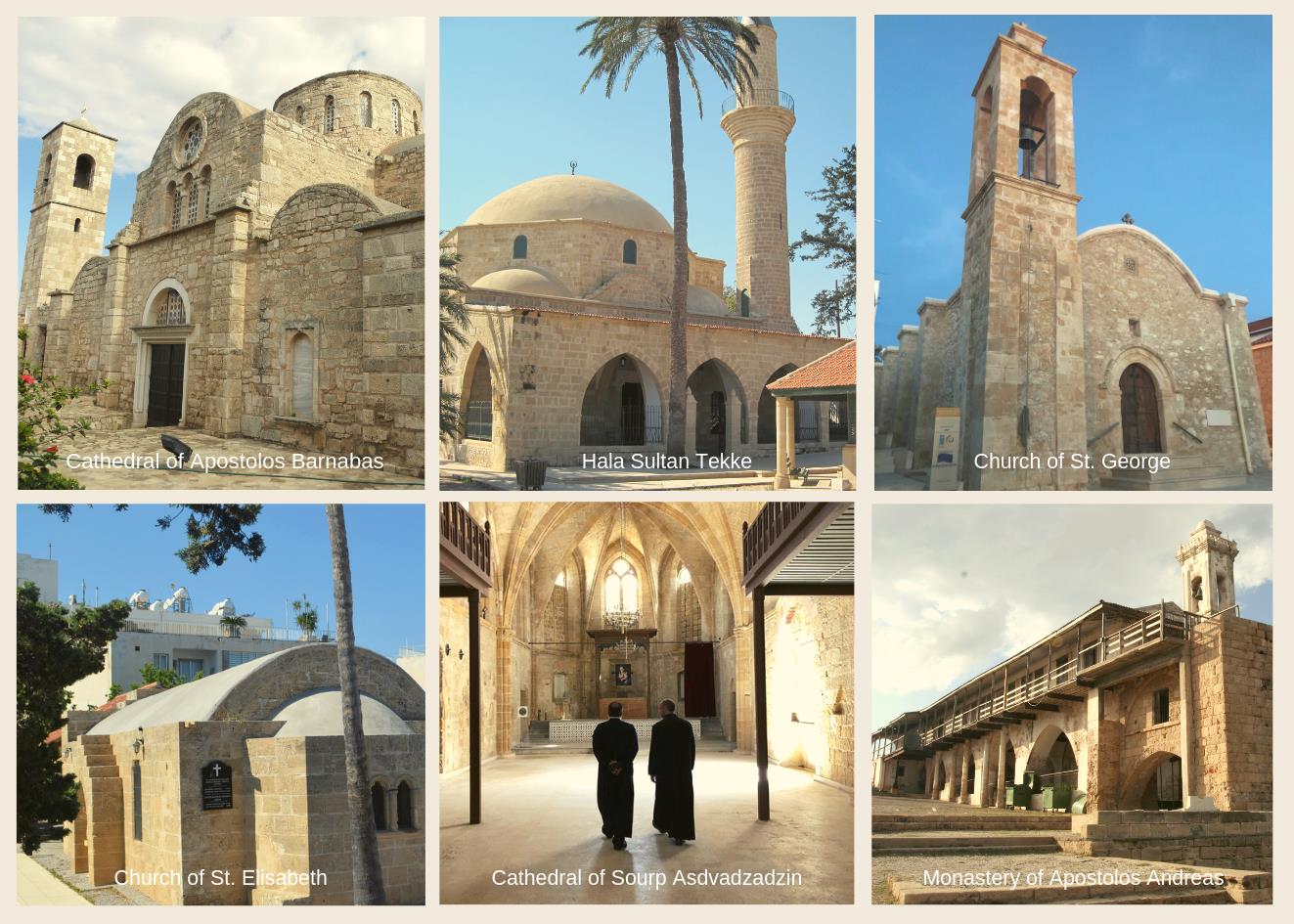Communiqué on the Occasion of the International Day for Monuments and Sites
“Shared Culture, Shared Heritage, Shared Responsibility”
18 April 2020
On April 18 the world marks the International Day for Monuments and Sites declared by UNESCO in 1983, also known as World Heritage Day. Since then, April 18 has been a day to celebrate and promote cultural heritage, and an opportunity to raise awareness about its diversity, its relevance, how vulnerable it can be and what the needs and benefits of its conservation are.
This year’s theme “ Shared Culture, Shared Heritage, Shared Responsibility” is particularly relevant for Cyprus where there are thousands of religious monuments and sites of different faith traditions, in particular Christian and Muslim, dating back centuries, representing a unique and significant part of Cyprus’ shared identity, shared culture and shared heritage.
Throughout history religious monuments were built as sacred places of prayer and worship and stood side by side in many villages and towns in Cyprus, sharing the same space. Apart from their religious significance as places of worship, these sacred monuments and sites encouraged social interaction, shared traditions, different histories and memories. They nurtured shared community, which cared for each other and respected each other’s religious heritage.
For the last ten years, the Religious Track of the Cyprus Peace Process Under the Auspices of the Embassy of Sweden (RTCYPP), as the platform of communication and cooperation between the religious leaders of Cyprus, has been advocating and calling for religious sites and monuments to be respected, in particular those considered sacred by a different community than one’s own, not only as a human right but also as a way to recognize each other’s values and identities.
Religious communities play a significant role in the creation, maintenance, and continuous shaping of sacred places and have a custodial role in caring for these as living heritage. They preserve the values of religious and sacred places, which are part of the foundation of different cultures.
Collectively the religious and sacred monuments as well as properties capture a range of cultural and natural diversity, each demonstrating the spirit of a particular space. Understanding the nature and significance of religious and sacred heritage, having the capacity to protect its authenticity and integrity, including its particular spiritual significance, and sharing the knowledge of its common history are key foundations to build mutual respect and foster communication and cooperation between communities.
The right to access and enjoy cultural heritage including religious and sacred heritage is a human right; a right which includes “the right of individuals and groups, inter alia, to know, understand, enter, visit, make use of, maintain, exchange and develop cultural heritage, as well as to benefit from the cultural heritage of others.” (Special Rapporteur on Cultural Heritage, 2017)
The right to protect religious heritage especially when a religious community is denied free access to and stripped away from its custodianship, represents a special challenge. In this regard there is a need to raise awareness of the importance of dialogue, collaboration and mutual understanding between religious communities and all other stakeholders who must work together to preserve the significance of cultural, religious and natural heritage monuments and sites associated with the sacred.
Safeguarding religious heritage, which has universal value for future generations requires, shared knowledge, shared platform for action and shared responsibility among all communities involved in the preservation of our common and shared heritage.
With the ongoing global crisis created by the outbreak of COVID19 preventing us to gather collectively to mark this occasion, Office of the RTCYPP invites everyone who can, to share a photo and /or a story of a religious monument or sacred site that is important to them as we try to weave together memories of a shared heritage.
Send your story or photo to sacredsites@religioustrack.com
Note to Readers: “Religious property” is any form of property with religious or spiritual associations: churches, mosques, monasteries, shrines, sanctuaries, synagogues, temples, sacred landscapes, sacred groves, cemeteries, etc…” The term “sacred site” embraces areas of special significance to people and communities. According to UNESCO sacred sites “are indeed the oldest protected areas of the planet” and “ have vital importance for safeguarding cultural and biological diversity for present and future generations.
